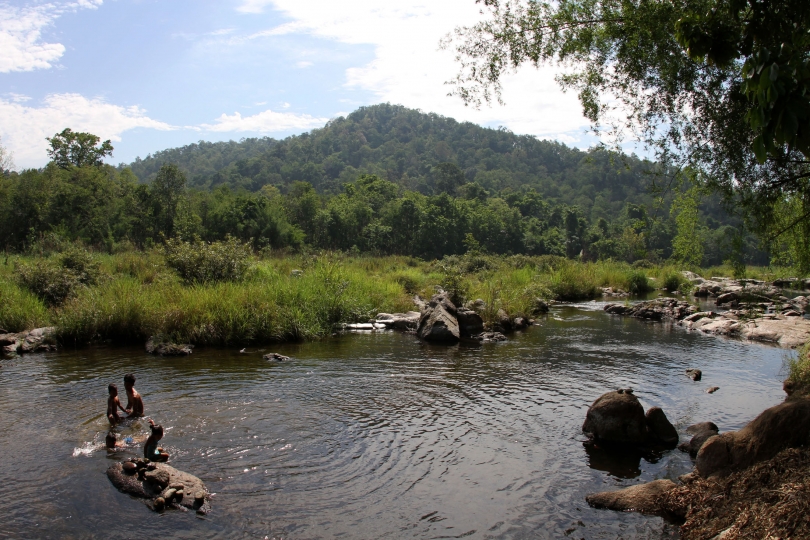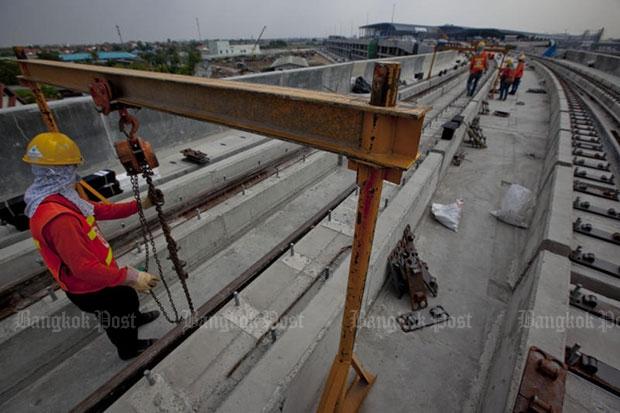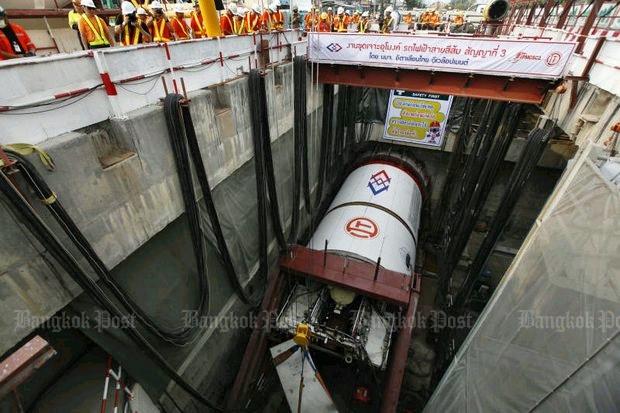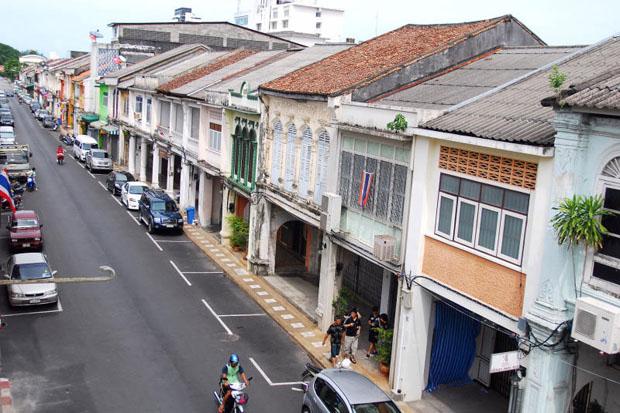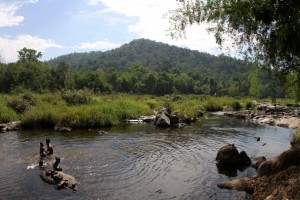
Some proposed plants, dams will affect the environment and and local people’s quality.
POWER-PLANT projects that could generate up to 30,778 megawatts, proposed in the Power Development Plan 2015, have shown up in the city-planning exemption list announced by the National Energy Policy Council, raising concern among environmental activists over unregulated development.
Thursday’s announcement also includes alternative power projects under the Alternative Energy Development Plan 2015 and LNG (liquefied natural gas) station and receiving-terminal projects under the Gas Plan 2015.
The controversial Mae Wong Dam in Nakhon Sawan is also on the list appended to the announcement.
Surachai Trongngam, secretary-general of the Environmental Litigation and Advocacy for the Wants Foundation, said the announcement was clarification of a previous National Council for Peace and Order (NCPO) order, 4/2559, and gave more specific information on which projects were being included in the city-law exemption list.
However, he said many projects on the list were extremely large and could have huge impacts on the environment and people’s livelihood.
The National Energy Policy Council’s announcement, together with NCPO order 4/2559, would tie the people’s hands and result in the construction of controversial projects without the public’s participation, he added.
On January 20, the NCPO’s order was announced to exempt projects concerning energy and waste management from city planning-law enforcement, and let the National Energy Policy Council define the detail of the projects subject to such exemption.
“The government only sees the tight regulations, aimed at protecting local people’s well-being and [ensuring a] healthy environment, as obstructions that delay the development work,” Surachai said.
On the developers’ side, Anuchart Palakawong na Ayudhaya, director of the Project Environmental Division of the Electricity Generation Authority of Thailand (Egat), said the NCPO order and the National Energy Policy Council’s announcement would enable electricity development projects, which would ensure the country’s power stability, to proceed more smoothly and keep to the desired time frame.
“It helps solve land problems, which [normally] delay such projects, even though Egat will still study the comprehensive Environmental Impact Assessment [EIA] on every project and adhere strictly to other regulations,” he said.
Egat has 22 new power-plant projects for a combined 20,149 megawatts under the national plan.
Seven of these are projects of large investors, generating 6,470MW in total, while some of the others are small power-plant projects, with a power output of 4,159MW -and all of these are included on the city-planning exemption list.
Surachai commented that even though the exempted projects had to adhere to other laws, he was still worried that the enforcement of these laws would not be effective.
“Considering the recent NCPO orders, the people have less and less choice in taking part in the project consideration process, while the authority [Egat] gains more and more legal tools to facilitate a project’s progress,” he said.
Taweesak Inkwang, the leading activist opposing the Chiang Rak Yai waste-to-energy plant in Pathum Thani, said the announcement was loosely written and open to many legal loopholes enabling the authority to skip other related laws.
“This announcement states that the projects on the list must not be situated on a water preservation area for tap-water production, but it does not mention how far from a preservation area a project must be,” he said.
“So, Chiang Rak Yai waste-to-energy plant, which is around 1.5 kilometres from Sam Lae pumping station, still can be built, if they reason that the plant is far enough from the pumping area,” he added.
Sasin Chalermlarp, president of the Seub Nakhasathien Foundation, said that while the Mae Wong Dam project was also on the list, its exemption from city-planning enforcement regulations would not benefit the effort to build the dam to any great extent.
“I think the reason that Mae Wong Dam appears on the list is that Egat sees the potential of the dam to generate hydropower, but the project is still owned by the Royal Irrigation Department,” he said.
Source: http://www.nationmultimedia.com/national/Concern-over-big-power-projects-on-exemption-list-30283096.html
